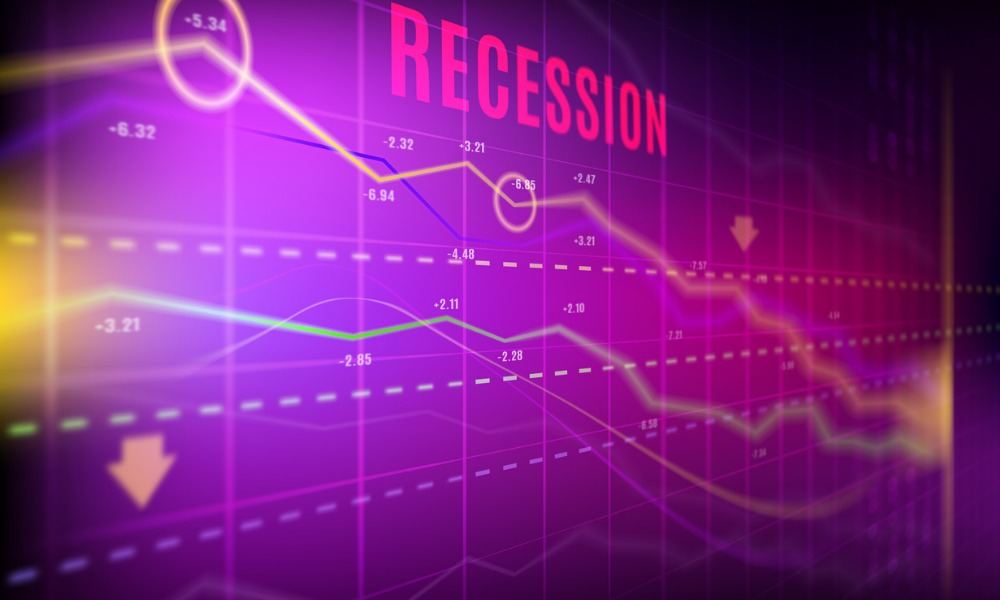Mid-year survey results show central bank policy as the most market-moving factor over the next six months

Recession worries are on the rise for 2022, casting a long shadow over hopes for the world's economies and markets in the second half of the year after six months of navigating rising rates, inflation, and geopolitical tensions.
In a mid-year survey of 34 market strategists, portfolio managers, research analysts, and economists at Natixis Investment Managers and 15 of its affiliated investment managers, as well as Natixis Corporate and Investment Banking, nearly a quarter (24%) think a recession is unavoidable in the second half of 2022, while 64% think it is a distinct possibility. Ninety per cent of respondents think that during the next six months, central bank policy will have the most market-moving impact.
For more than a decade, key market presumptions of low rates, low inflation, and low volatility may have improved market performance, but since the year's beginning, that special confluence of elements has been reset. Much of this transition has been sparked by inflation.
The largest market risk for the second half of the year, according to seven out of ten respondents, is inflation. Even though it has slightly decreased since its peak, 36% of respondents rate the risk of inflation as a 10 out of 10.
In addition, central banks play a role, with 52% identifying them as a major force behind inflation. 46% think that the supply chain concerns that contributed to inflation early in the pandemic will continue to do so until the end of the year. Less than one in four people, nevertheless, think inflation will continue to be high.
Recession is ranked as the top danger by 64% of strategists, who put rising interest rates and tightening monetary policy as their main worry. There are numerous methods available to policymakers to combat inflation, but there is little room for mistake due to the difficulty of implementing policies at the ideal time.
Many continue to wonder whether these initiatives will succeed in containing inflation, lead to a recession that could last two to three quarters or produce years-long stagflation. With so many potential outcomes, it only makes sense that more than half (55%) of those polled also identify a central bank error as a major danger.
Strategists also consider the possibility of global events, such as the conflict in Ukraine, as important risk factors. In fact, 65% of those surveyed rank geopolitics as their top risk, and as a result, nearly half of those surveyed (47%) believe that energy prices will have a significant impact on markets in H2.
Oil prices, which peaked at US$120 per barrel at the beginning of the conflict in March and have since moderated to US$106 at the end of Q2, serve as a stark reminder of the link between politics and energy.



